Frequently Asked Questions
1. What is the cultural significance of knives?
2. How have knives been used in ancient civilizations?
3. What role do knives play in culinary traditions?
4. What are folding knives and why are they popular?
5. How do knives connect to ceremonies in various cultures?
Knives are much more than just tools; they are a symbol of culture, craftsmanship, and history in various societies around the globe. From practical uses in daily life to their ceremonial roles, knives have a profound cultural significance that reflects the values and traditions of the people who create and use them. In this exploration, we’ll take a detailed look at how knives, particularly folding knives, play a multifaceted role in cultures worldwide.
Knives in Ancient Civilizations
The history of knives dates back thousands of years. Ancient civilizations utilized knives not only for hunting and food preparation but also as ceremonial objects. For instance, in ancient Egypt, knives were often crafted from flint and used in mummification rituals. They were considered sacred, and their importance reflected the culture’s deep-rooted beliefs in the afterlife.
Similarly, in Mesopotamia, knives were created from bronze and served both domestic and ritual purposes. The significance of knives in these cultures laid the groundwork for their evolution, leading to the sophisticated tools we know today, including contemporary folding knives.
The Role of Knives in Culinary Traditions
Food preparation is another area where knives hold cultural significance. Different cultures have developed unique knives tailored to their culinary needs. For example:
- Japanese Cuisine: The Japanese have perfected the art of knife making, leading to the creation of specialized knives such as the Santoku and the Gyuto. These knives are essential for sushi preparation and demonstrate the Japanese commitment to craftsmanship.
- French Cuisine: The French use a variety of knives, including the famed chef's knife and paring knife, reflecting their elaborate culinary practices. French knives emphasize technique, precision, and style, often elevating meals into works of art.
- Chinese Cuisine: In Chinese cooking, the heavy cleaver is an essential tool, symbolizing the importance of freshness and farm-to-table principles embedded in the culture.
In each of these traditions, knives carry not just a functional role, but also a cultural narrative, illustrating the diverse ways in which people engage with food and cooking.
Folding Knives: Practical Tools and Cultural Icons
Among the various types of knives, folding knives stand out due to their practicality and portability. Their history is intertwined with human migration and trade. Initially created for utility, folding knives have evolved into symbols of craftsmanship and individuality.
The Evolution of Folding Knives
Folding knives trace their origins back to the Roman era, where they were used by soldiers and travelers. These compact tools represent not just a means of cutting but also innovation in design and engineering. The ability to fold a knife offered safety and convenience, making it a preferred choice in various cultures.
Folding Knives in Modern Culture
In contemporary society, folding knives have transcended their basic utility. They are often seen as symbols of status and personal style. Outdoor enthusiasts appreciate them for their functionality in survival situations, while collectors value them for the artistry and craftsmanship involved in their production.
Ceremonial Uses of Knives
Knives also hold ceremonial roles in many cultures. They are often used in rituals, celebrations, and markings of significant life events. Let's explore some examples:
- Weddings: In various cultures, knives are used during wedding ceremonies to signify the cutting of ties between families and the establishment of a new unit.
- Rites of Passage: In some indigenous cultures, a knife may be gifted to mark a boy's transition into manhood, symbolizing his readiness to take on new responsibilities.
- Religious Rituals: In certain traditions, knives are employed in sacrifices or offerings, signifying the shedding of the old and welcoming the new.
The emotional and spiritual connections between knives and these ceremonies highlight their deep-rooted importance in cultural practices worldwide.
The Craftsmanship Behind Knife Making
The creation of knives, particularly folding knives, is an art form in itself. Different regions are known for their unique knife-making traditions, which often involve generations of craftsmanship, skill, and cultural heritage. Here’s a look at renowned knife-making cultures:
Japanese Knife Making
Japanese knife makers, or “swordsmiths,” use traditional techniques passed down through generations. The craft emphasizes the balance between aesthetics, functionality, and durability. Japanese knives are often considered some of the best in the world, celebrated for their precision and beauty.
European Knife Craft
In Europe, countries like Germany and Sweden have notable histories in knife making. German knives are known for their robustness and quality, while Swedish knives often focus on simplicity and effectiveness, suitable for outdoor adventures.
Native American Knives
Native American knife makers incorporate natural materials and tribal designs, resulting in tools that are not only functional but also rich in cultural significance. These knives tell stories of heritage, connection to nature, and the ongoing relationship between the maker and the earth.
The Global Appeal of Folding Knives
As cultures continue to blend and interact, the appeal of folding knives transcends borders. Outdoor enthusiasts, collectors, and even everyday users appreciate the blend of tradition and modernity found in folding knives worldwide. Their portability makes them indispensable in various settings, from camping trips to culinary masterpieces.
Community and Connection
The knife community itself shares the passion for craftsmanship and appreciation of these tools. Knife shows, exhibitions, and online forums allow enthusiasts to connect, exchange knowledge, and celebrate the artistry involved in knife making. These gatherings highlight how knives foster connections among individuals and cultures.
Environmental Considerations in Knife Making
As the awareness of environmental sustainability grows, knife makers are increasingly considering the ecological impact of their materials and processes. Many artisans are turning to responsibly sourced materials and eco-friendly practices, ensuring that the craft remains sustainable for future generations. This trend not only preserves culture but also embodies the spirit of respect for the environment.
Embracing the Future of Knives
The cultural significance of knives, especially folding knives, is a testament to human creativity and adaptability. As societies evolve, the role of knives in everyday life and cultural practices will continue to adapt. Understanding their significance helps us appreciate not only the blade itself but also the history, craftsmanship, and stories behind each knife.
Your Personal Journey with Knives
As you explore the diverse world of knives, consider what these tools mean to you. Whether you’re an outdoor enthusiast, a culinary artist, or a collector, embracing the cultural significance of knives enriches your perspective. Dive into this fascinating realm, learn about craftsmanship, and appreciate the stories behind each folding knife you encounter. With each use, you’re not just wielding a tool; you’re participating in a global narrative woven through centuries of tradition.






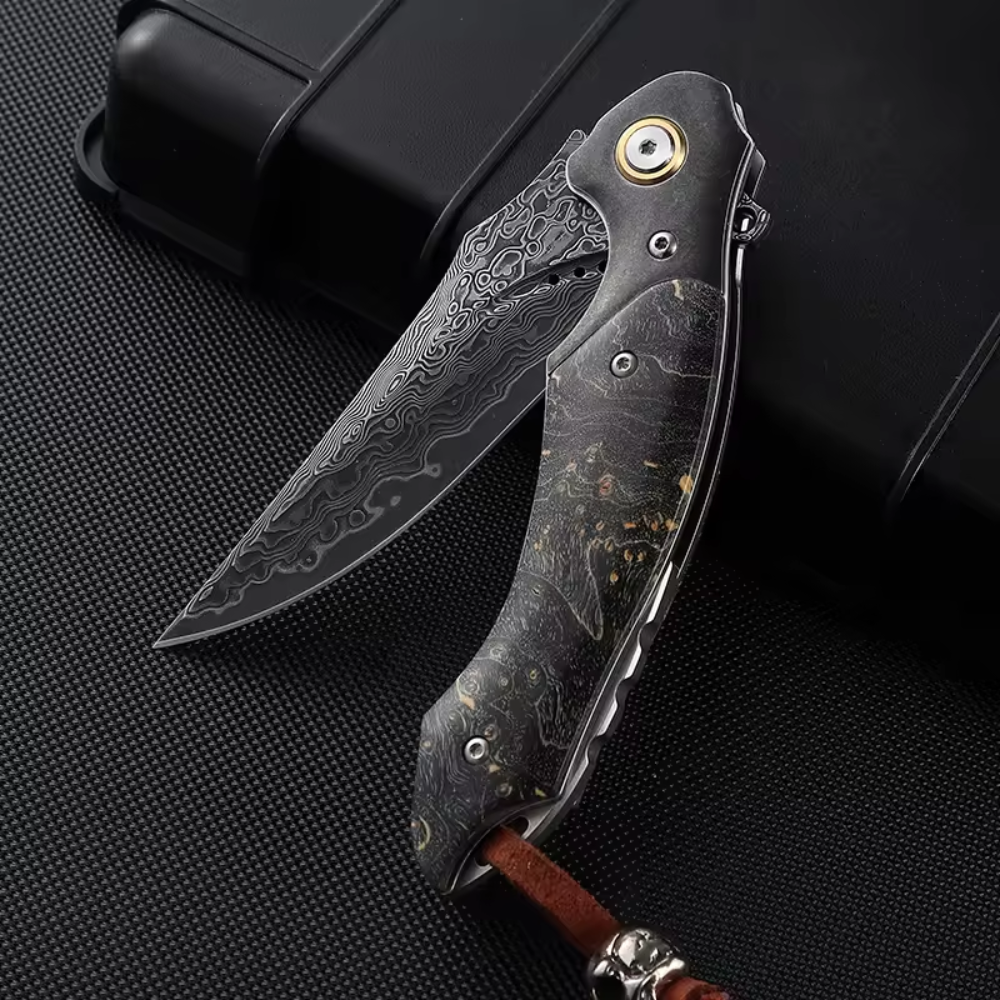
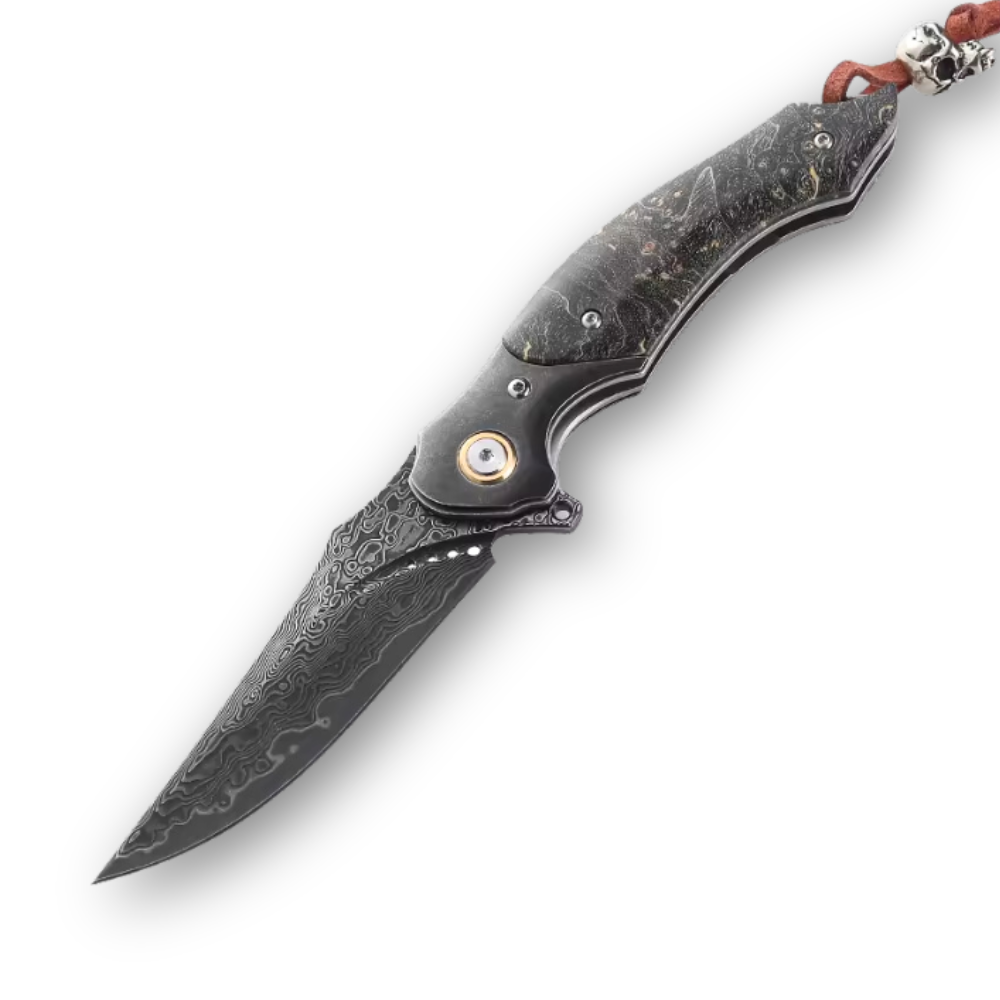
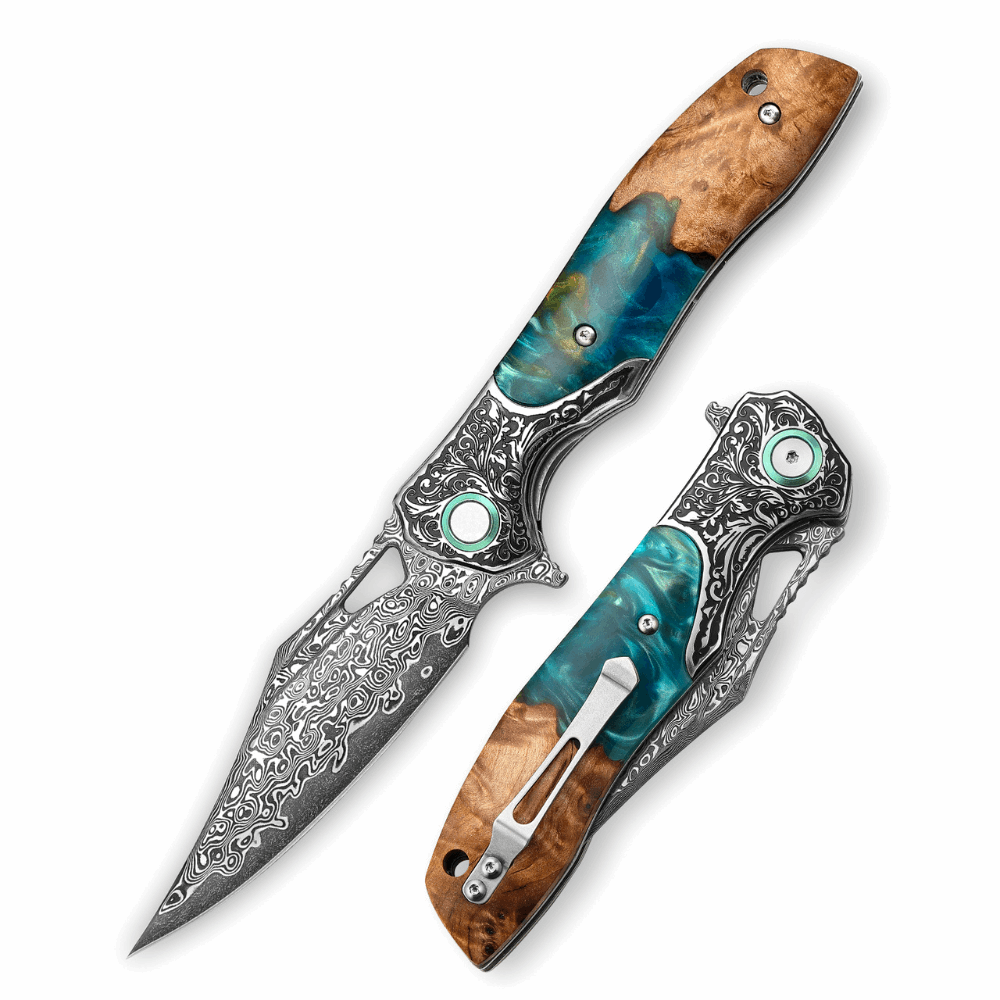
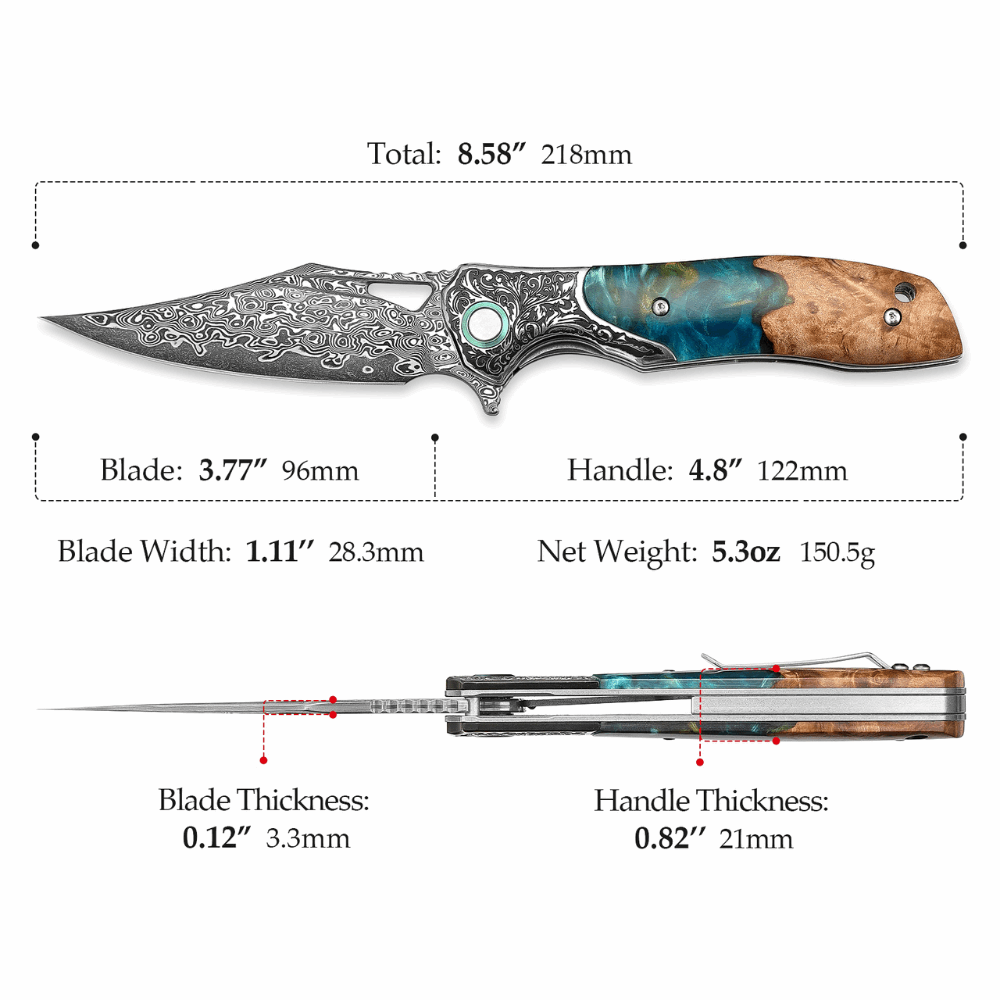
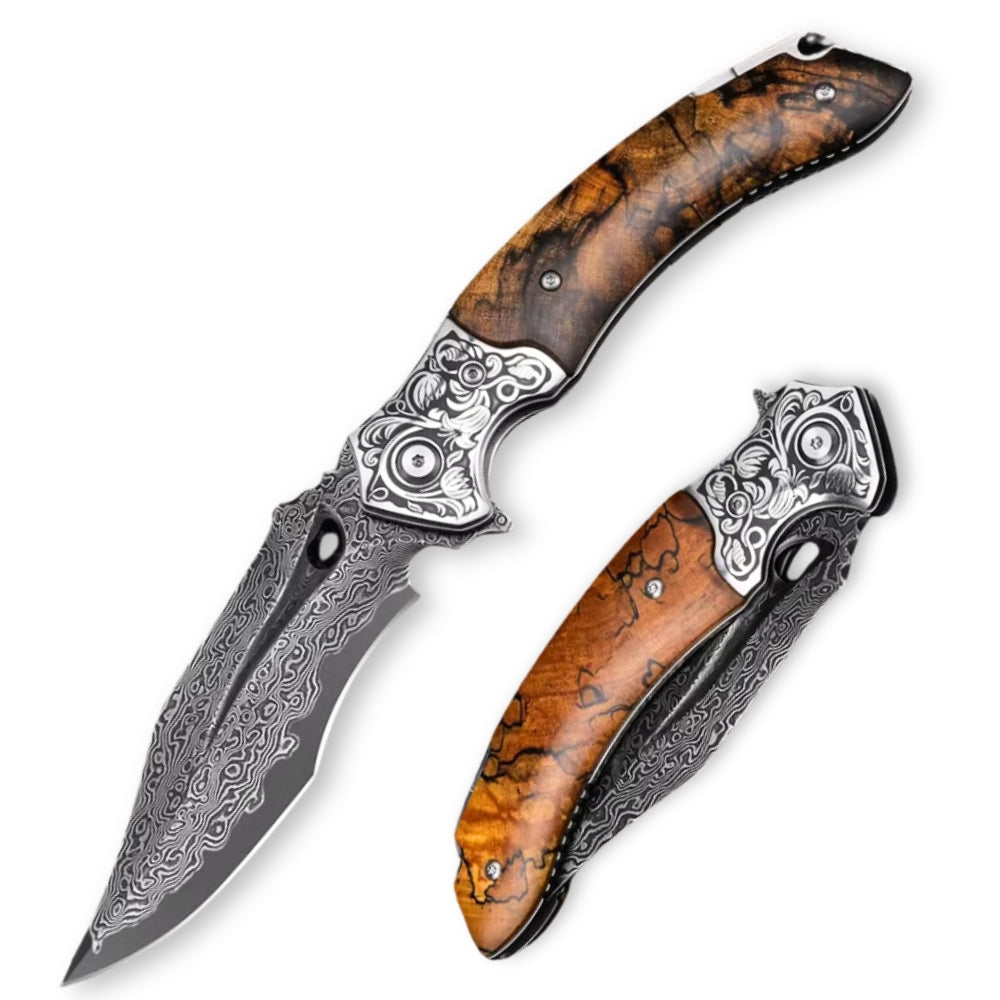
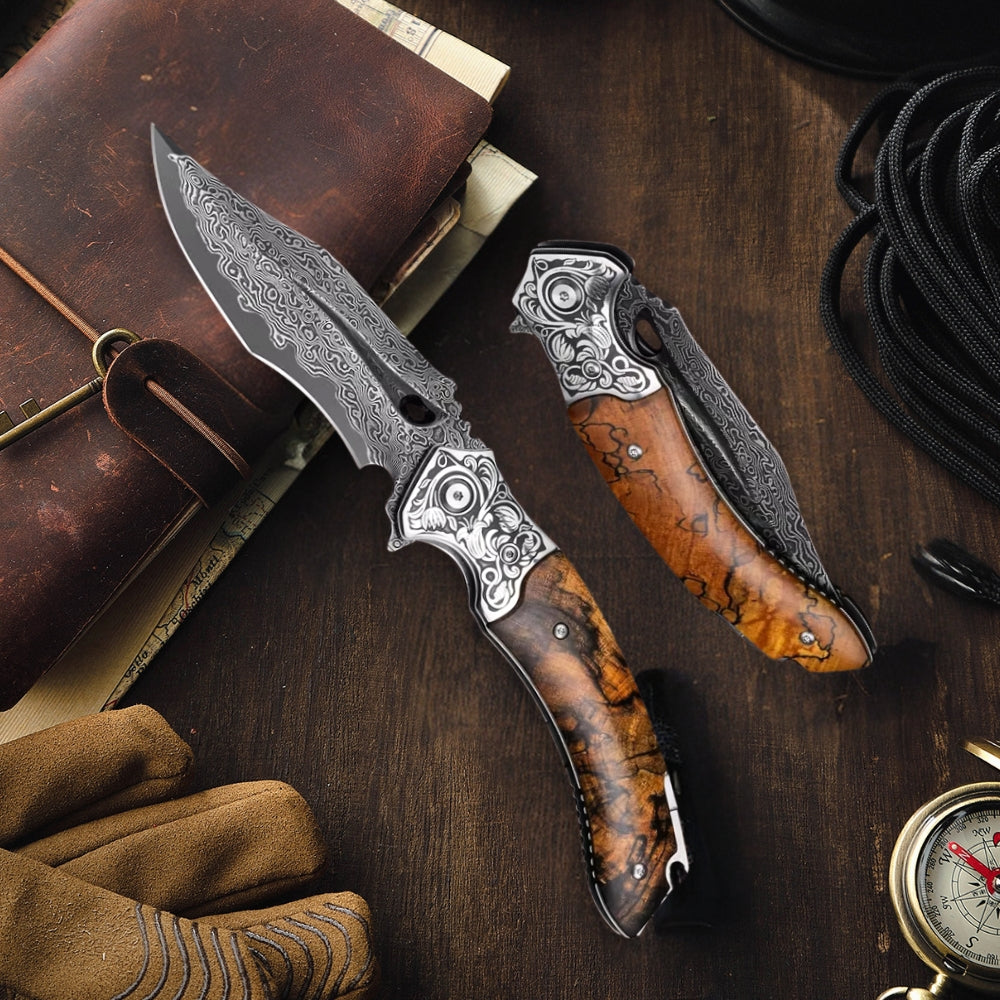
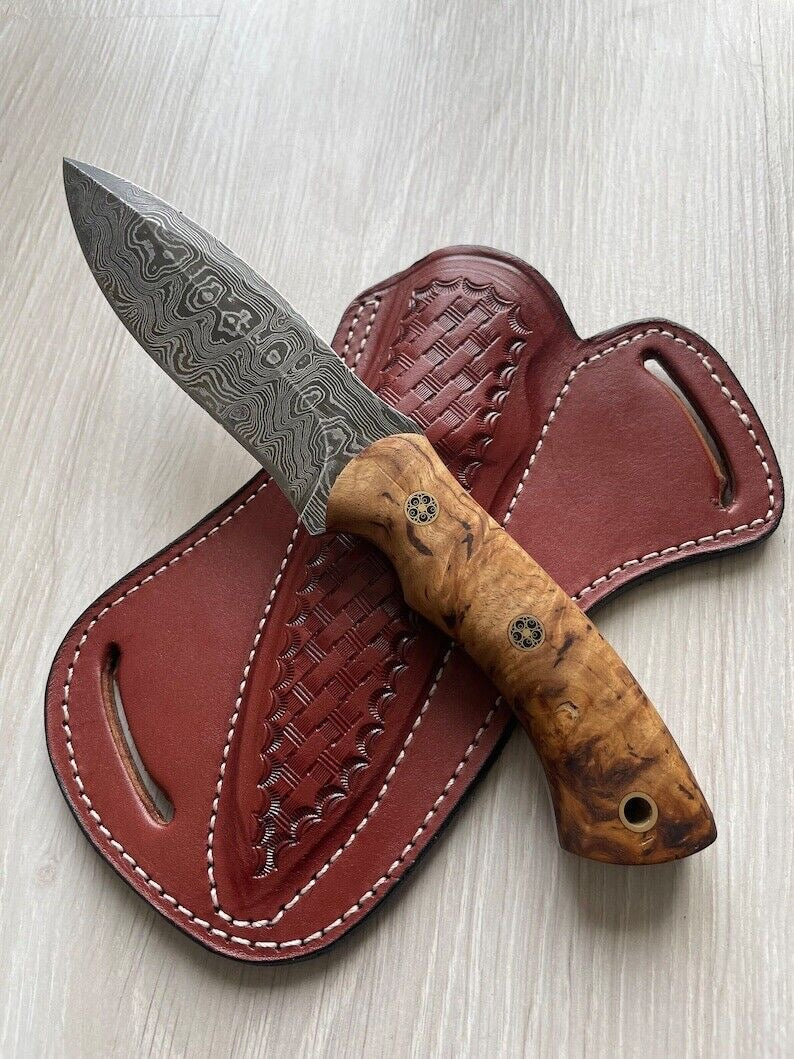
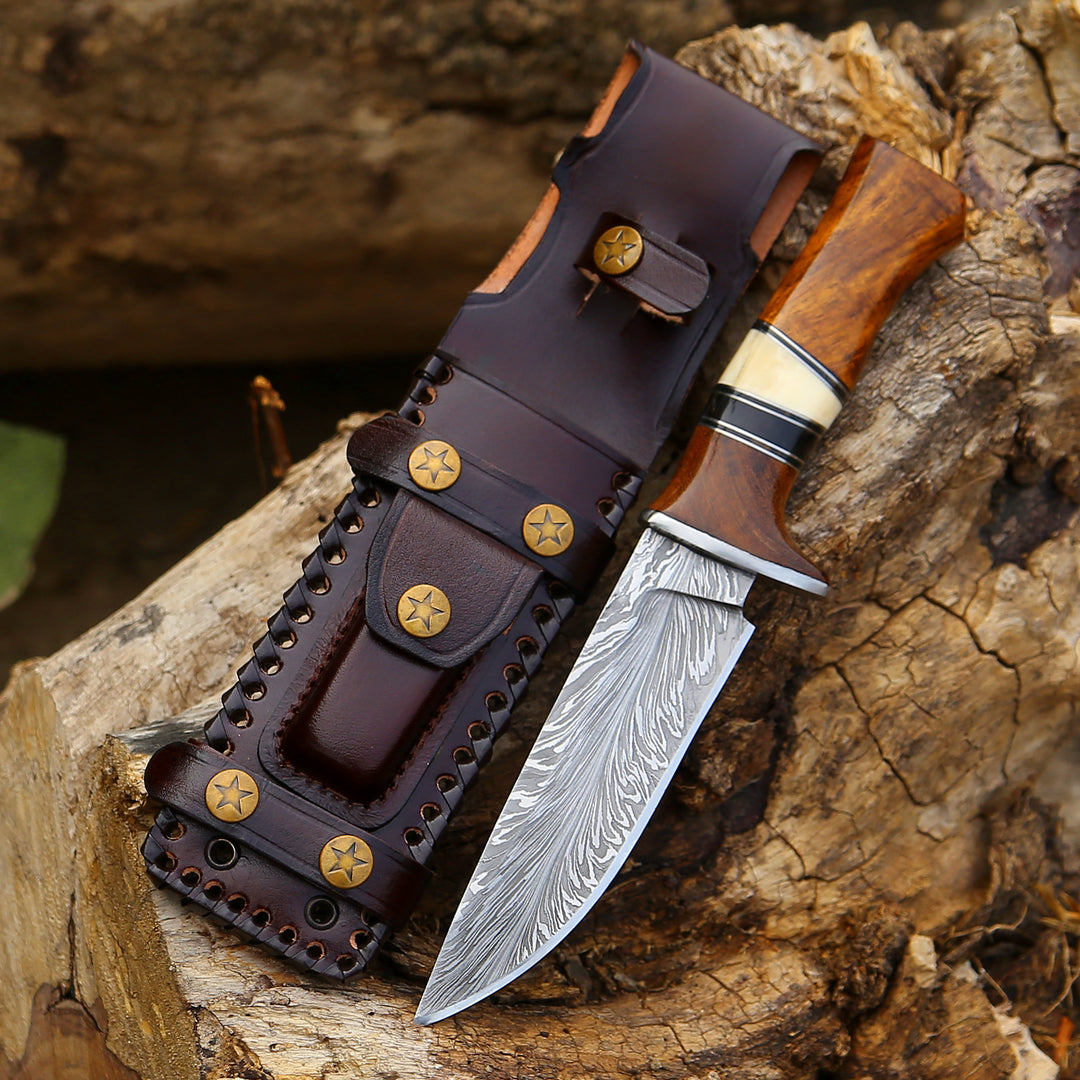

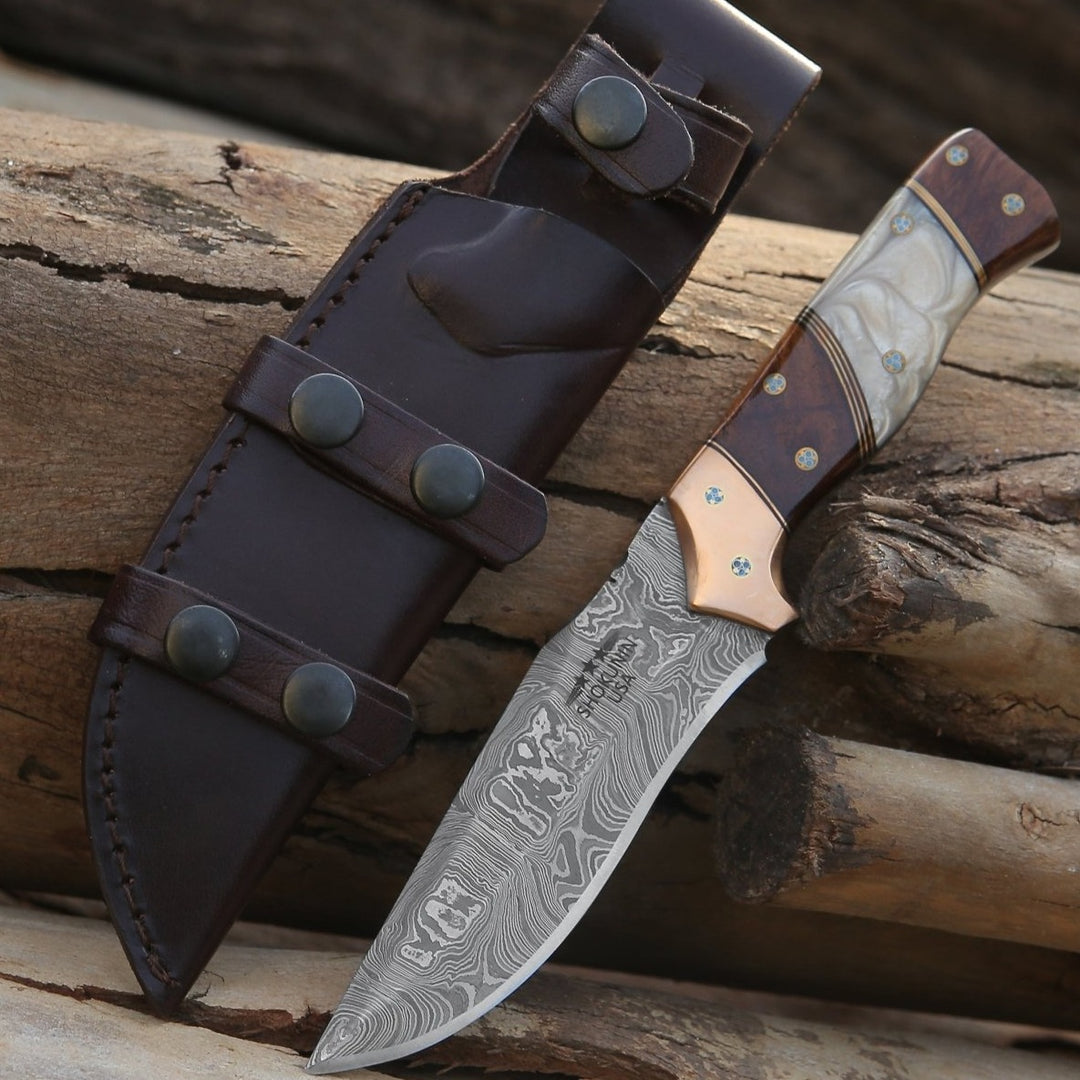
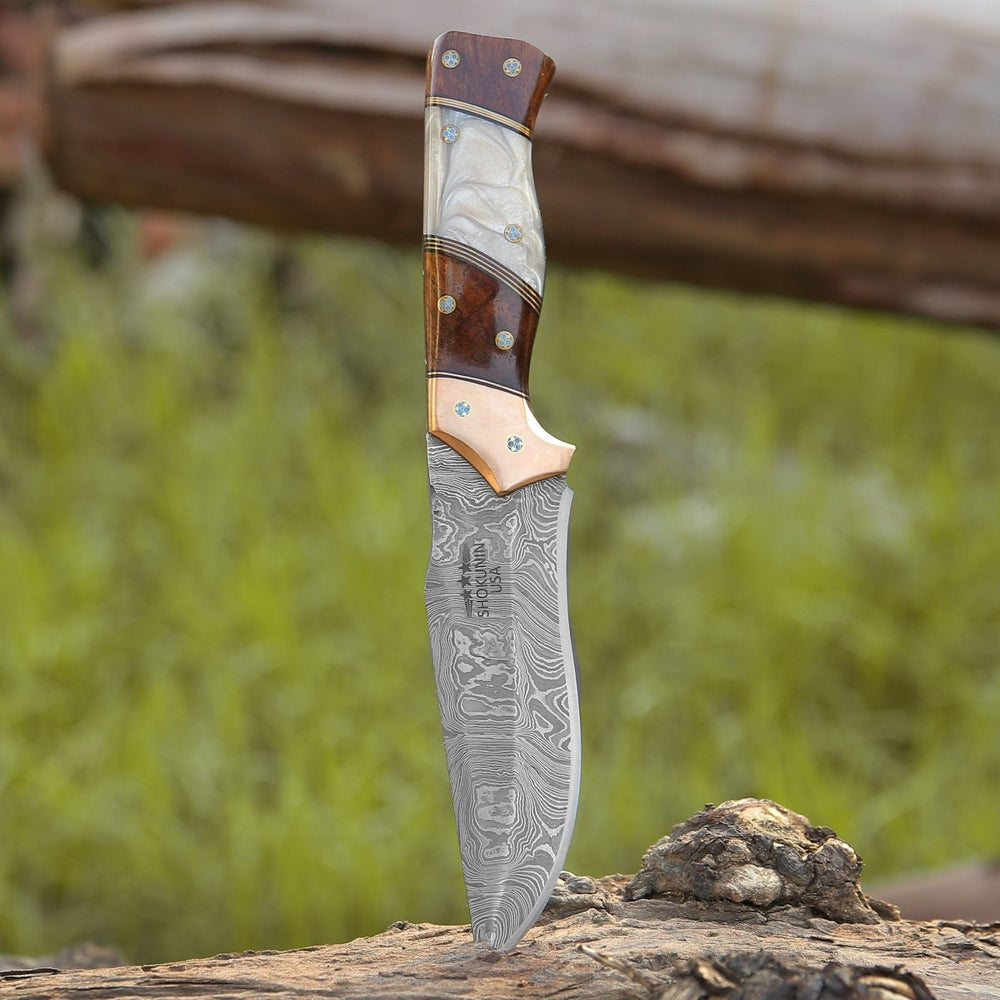

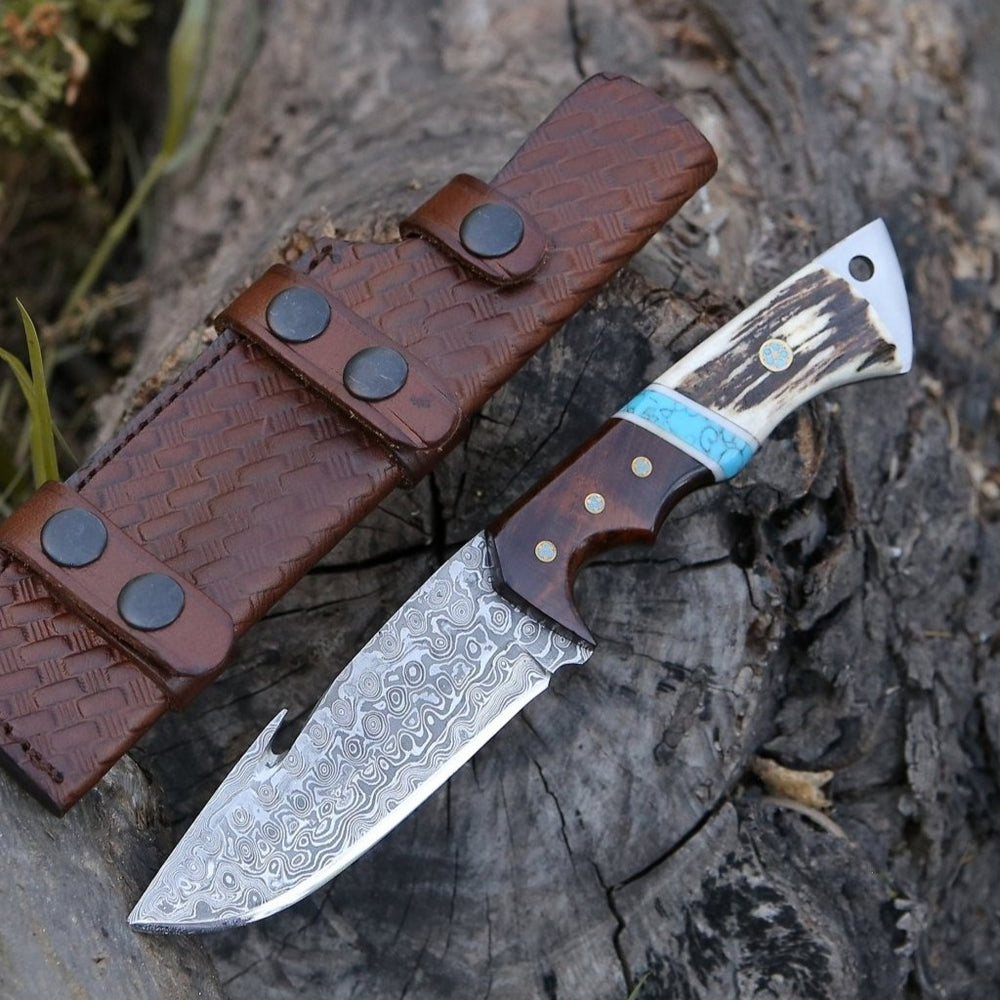
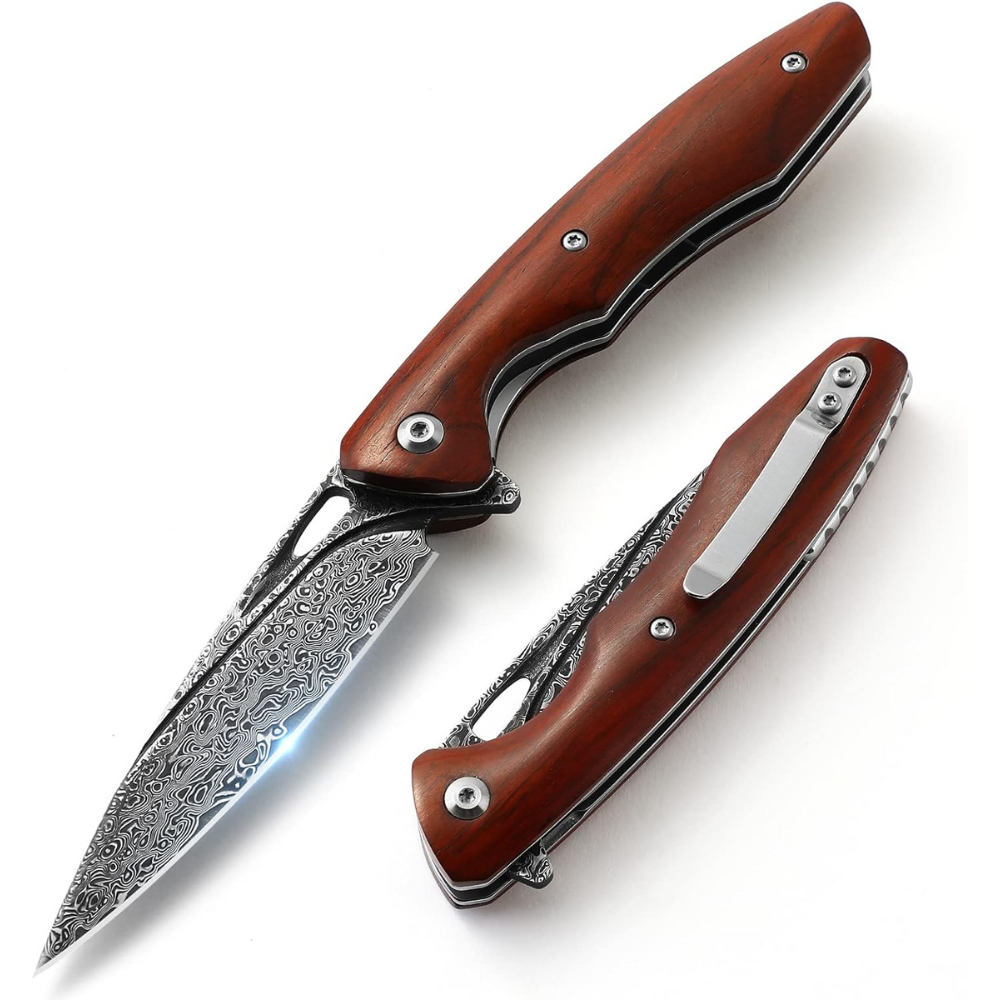
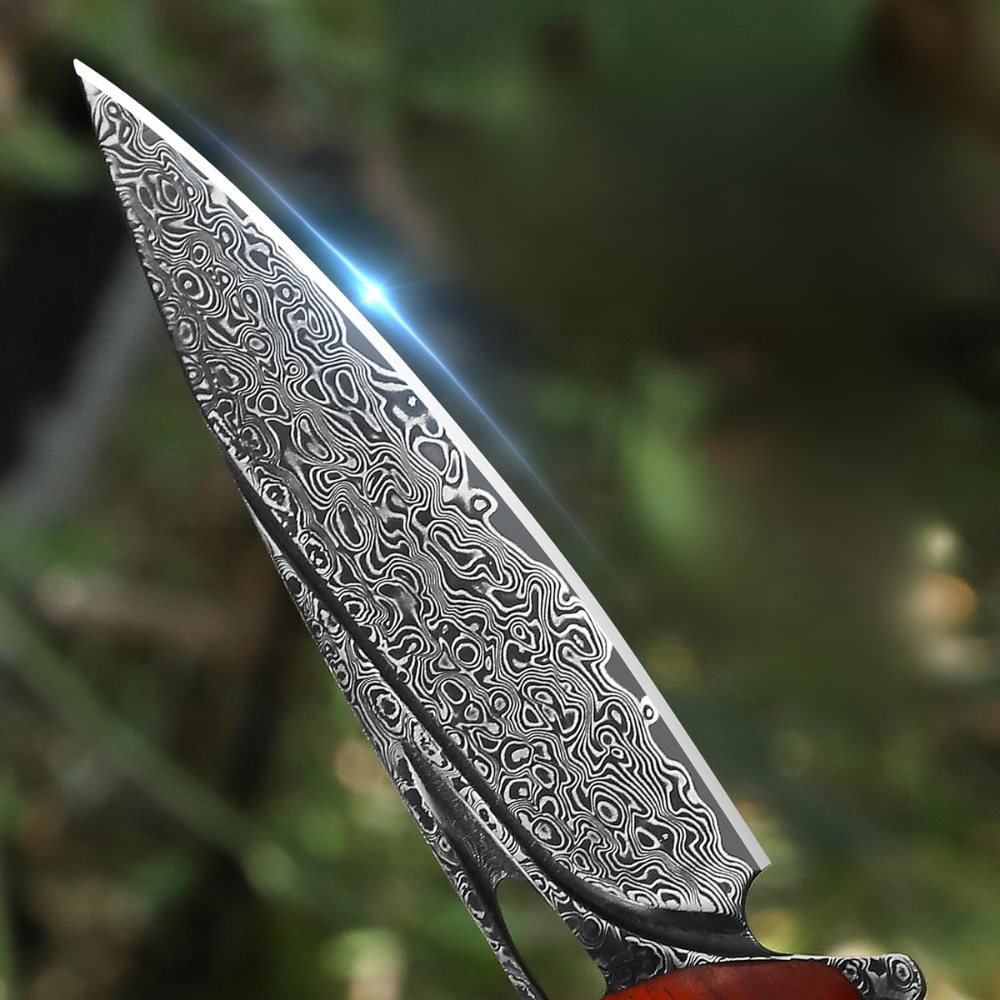
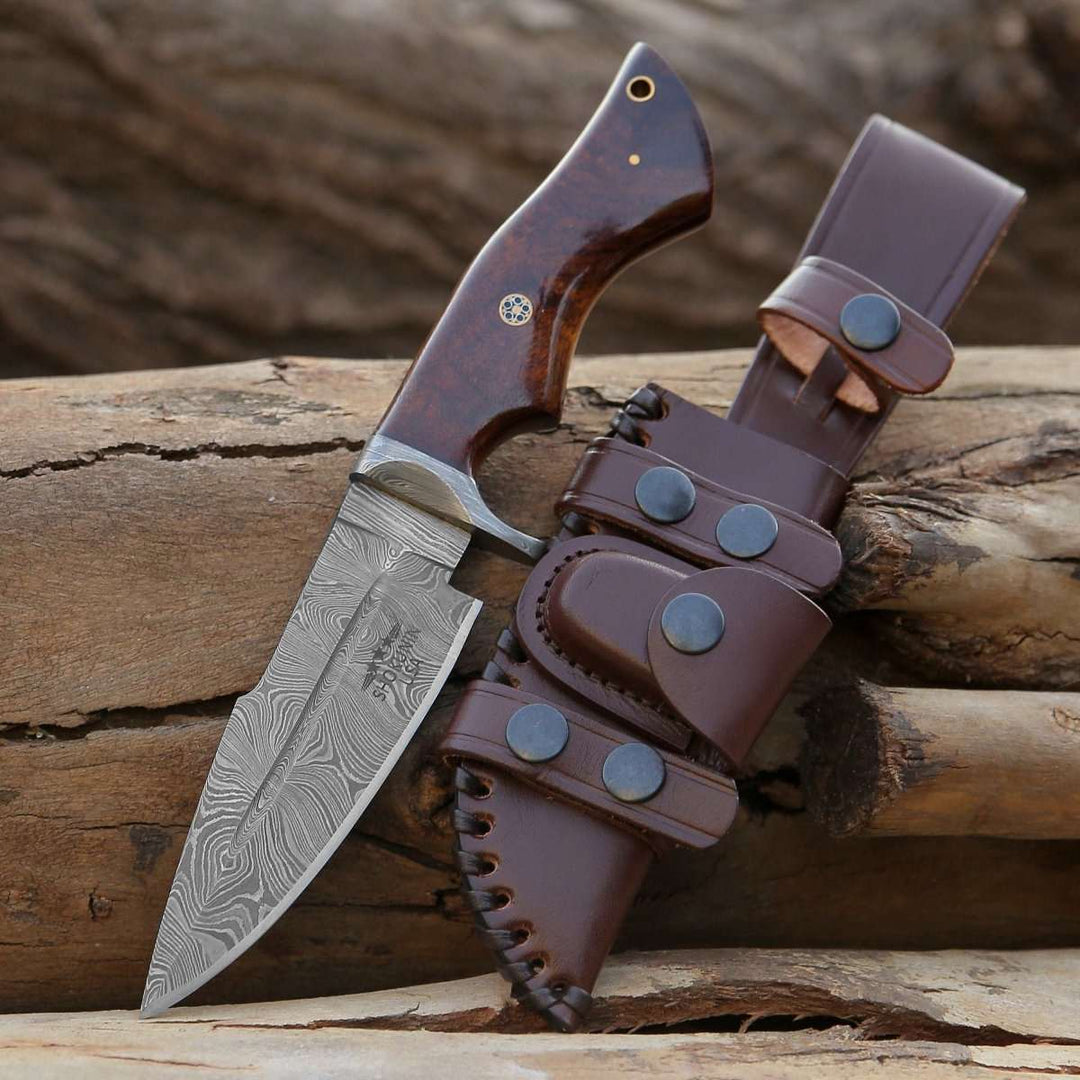
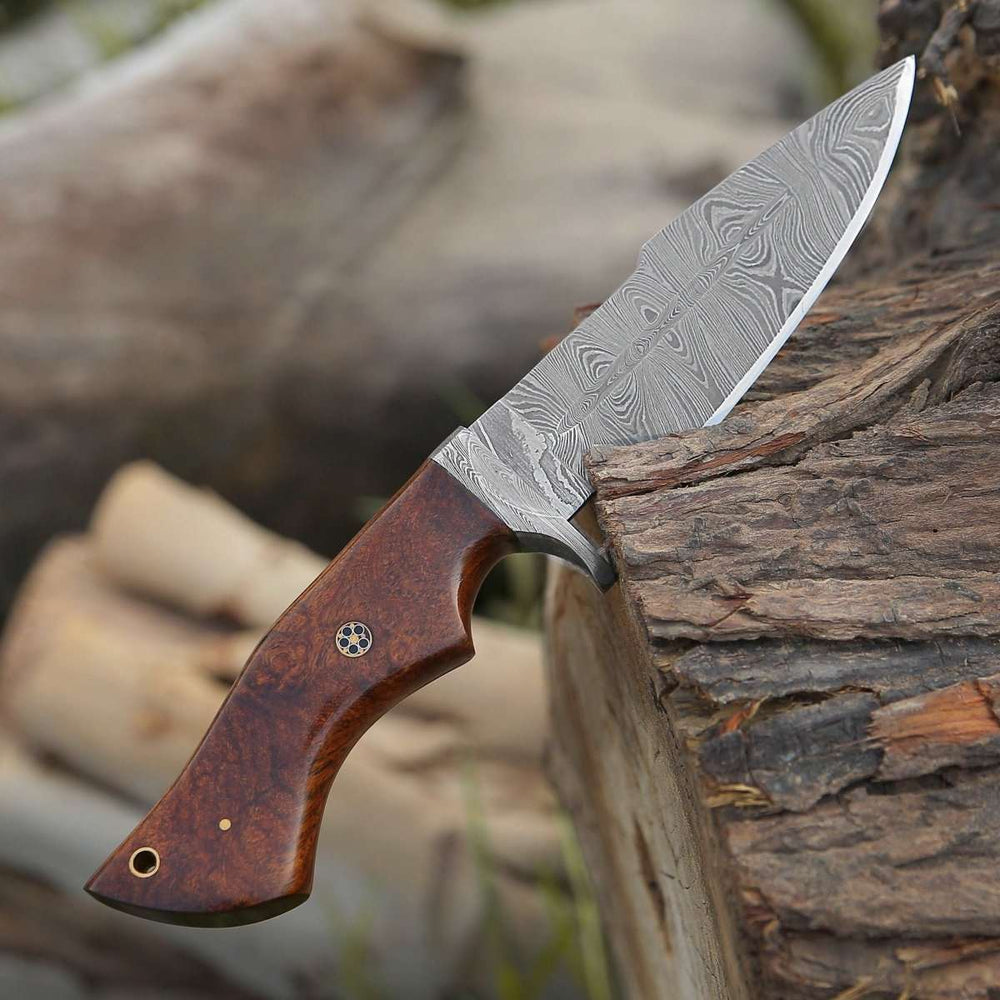
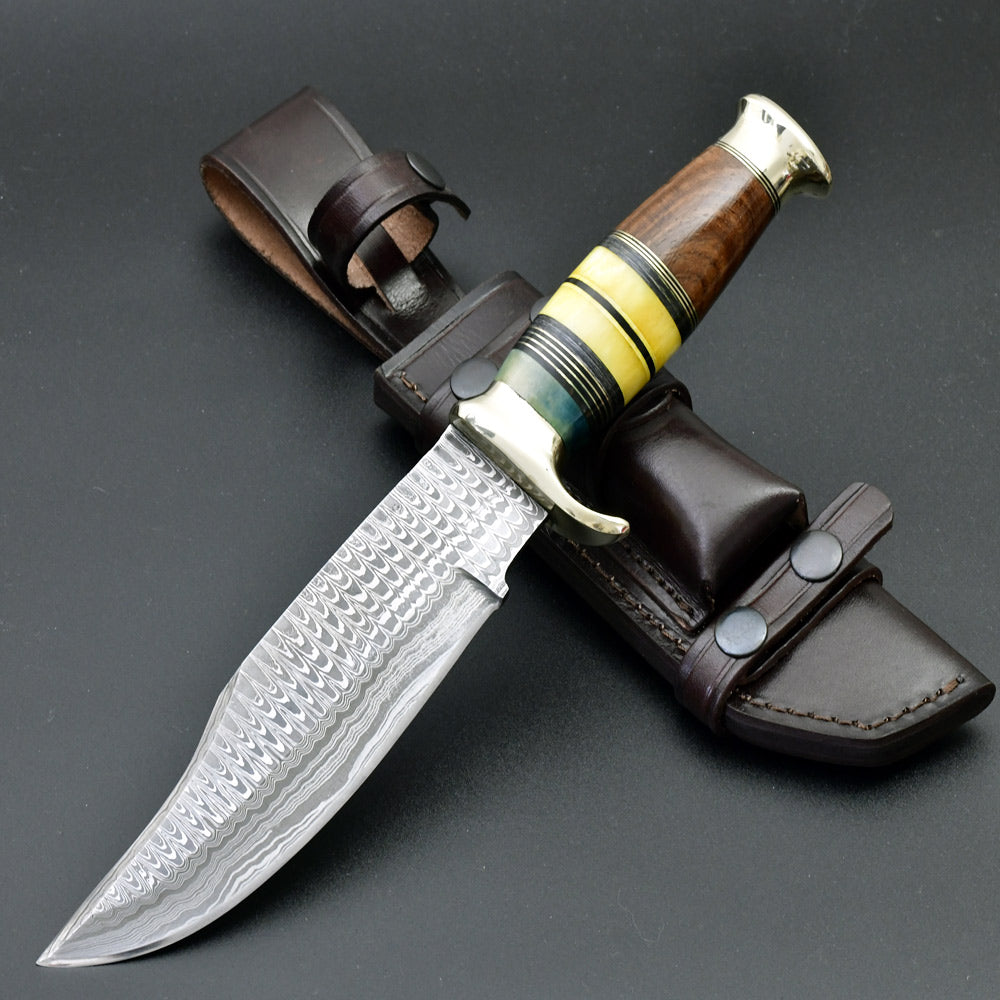
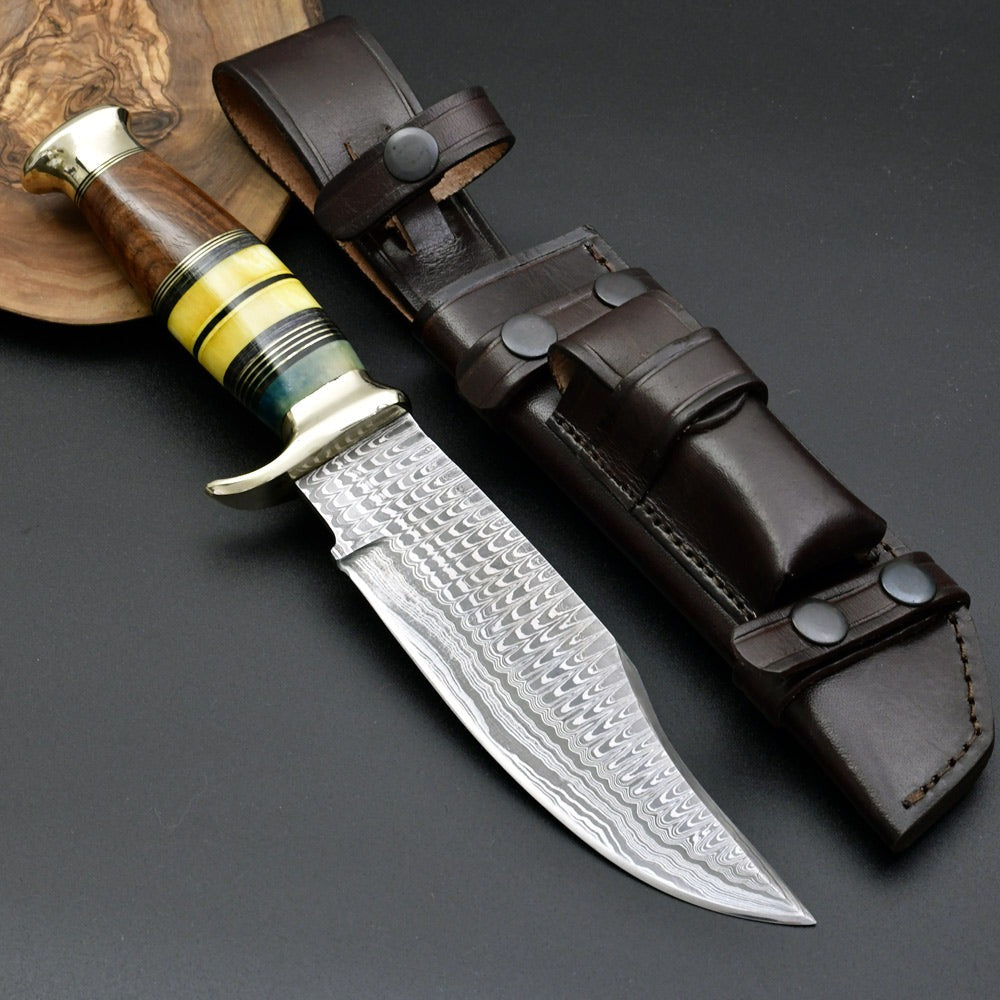
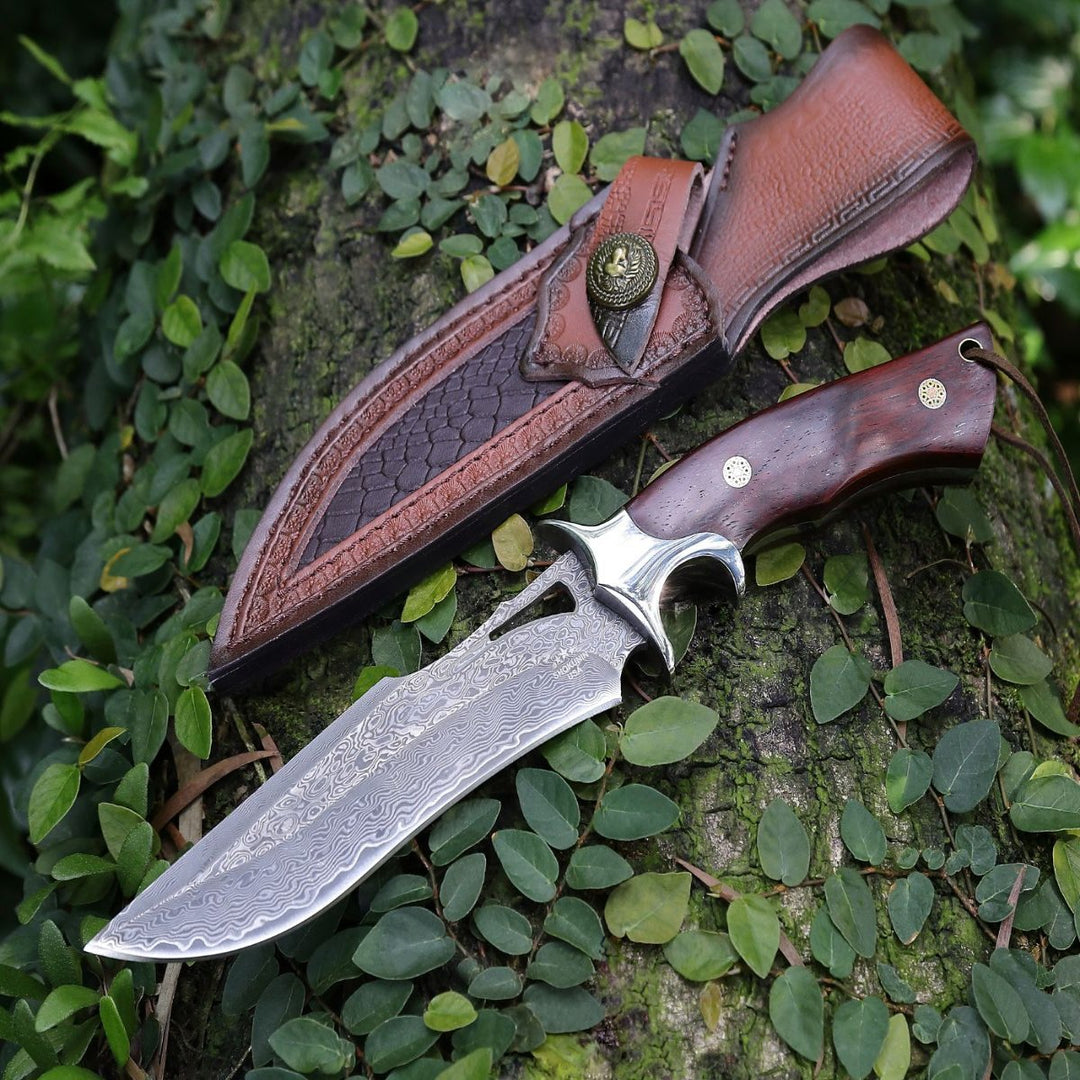
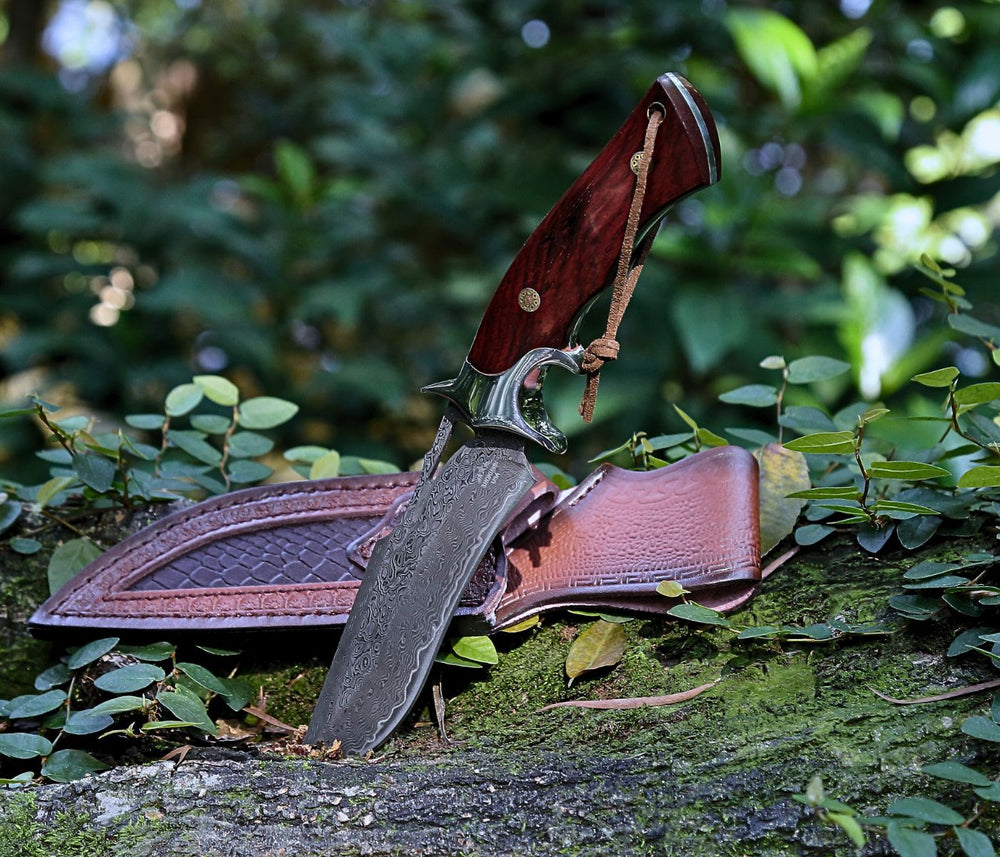
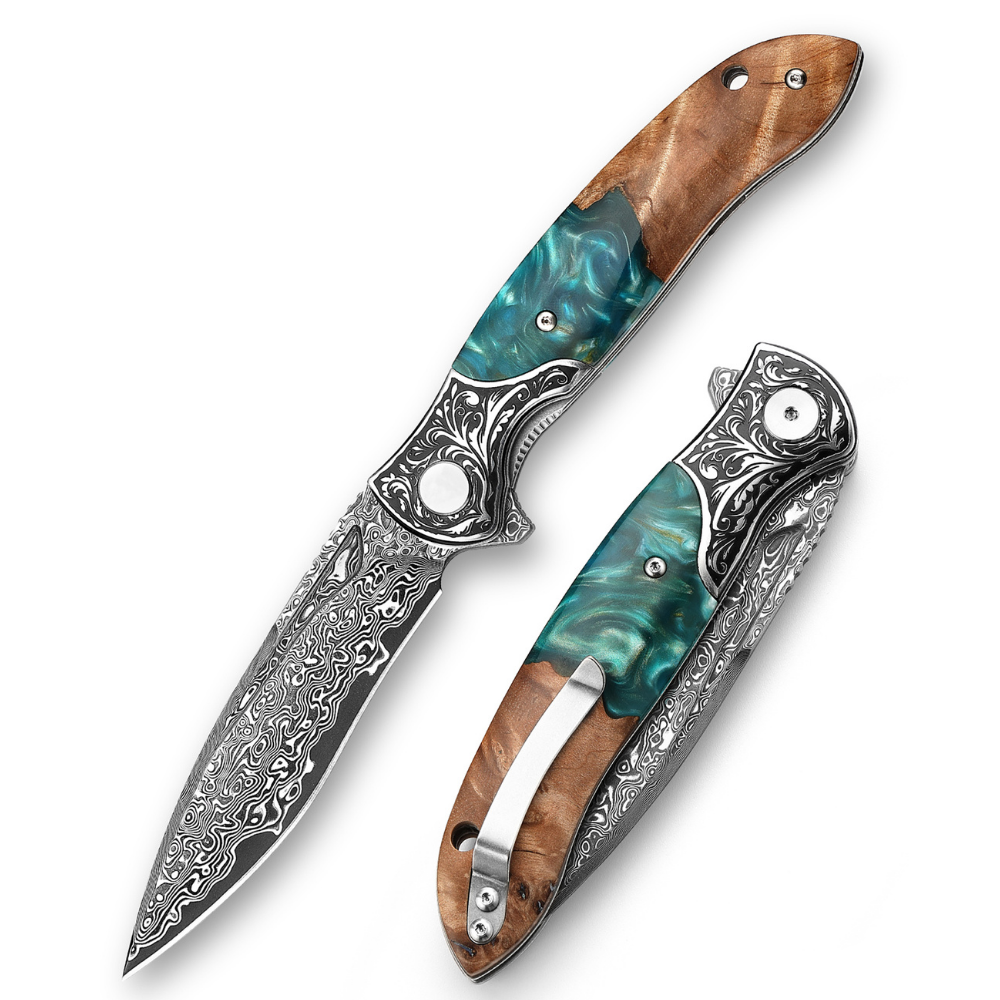
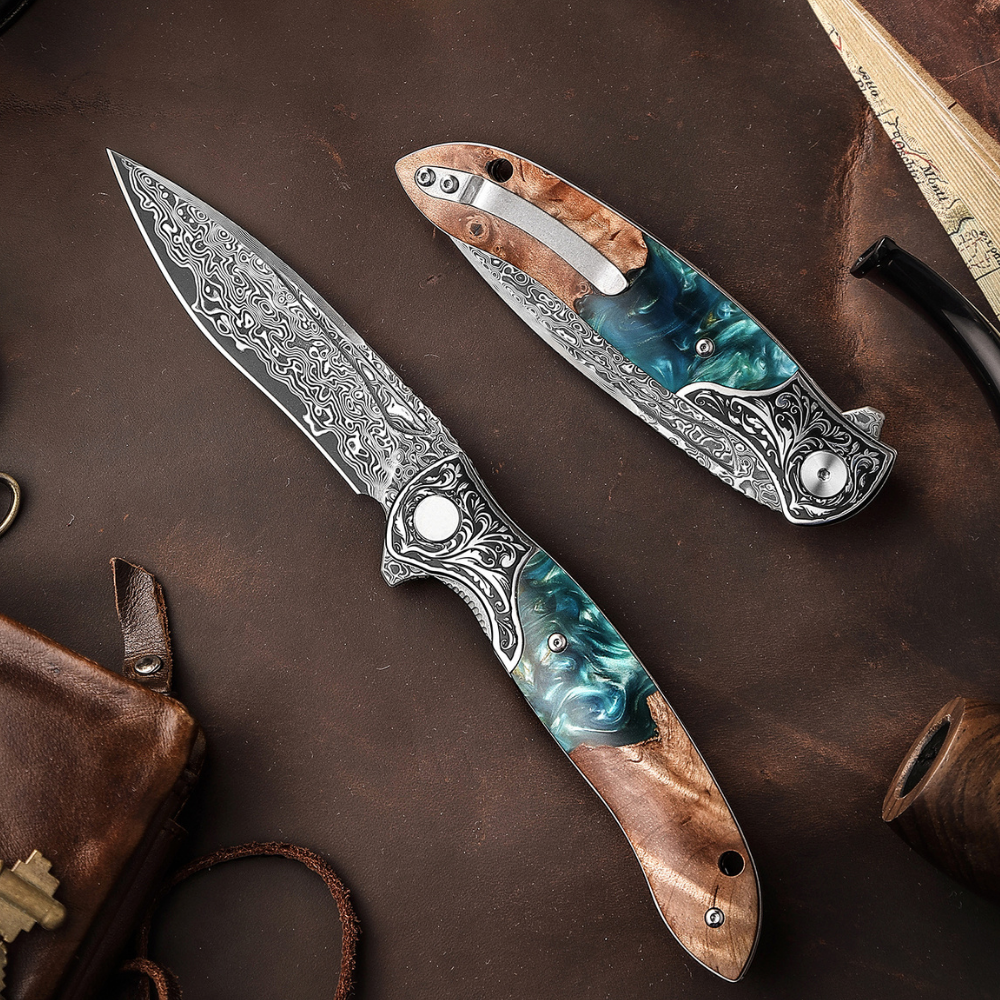
Hinterlassen Sie einen Kommentar